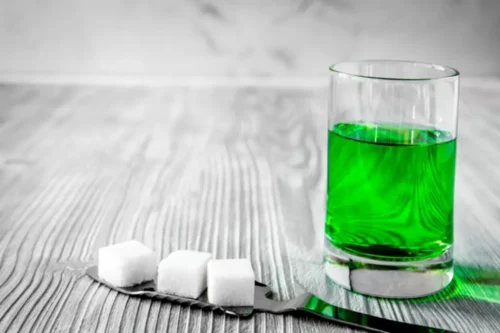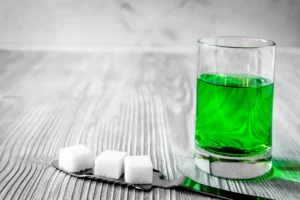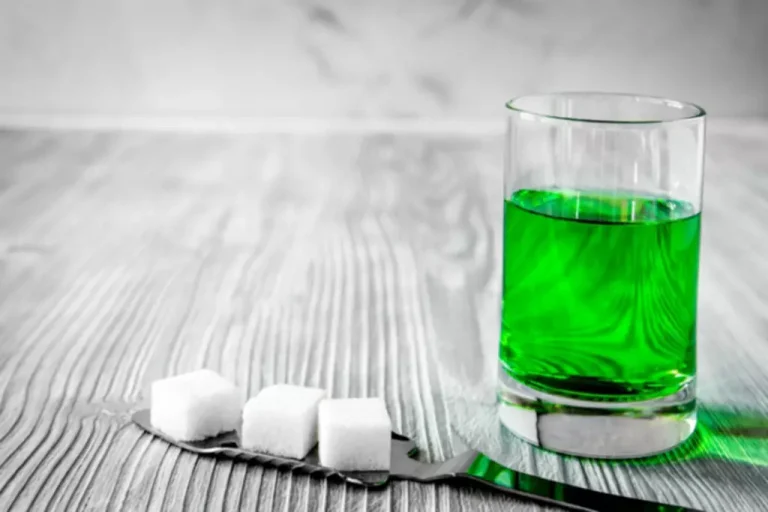CBT is one of the most researched types of therapy, in part, because treatment is focused on very specific goals and results can be measured relatively easily. Where earlier behavior therapies had focused almost exclusively on associations, reinforcements, and punishments to modify behavior, the cognitive approach addresses how thoughts and feelings affect behaviors. The goal of cognitive behavioral therapy is to teach people that while they cannot control every aspect of the world around them, they can take control of how they interpret and deal with things in their environment. Your therapist’s approach will depend on your particular situation and preferences. Your therapist may combine CBT with another therapeutic approach — for example, interpersonal therapy, which focuses on your relationships with other people. The coping skills you learn can help you manage and conquer negative feelings and fears.
Headspace offers cognitive behavioral therapy to help workers … – Employee Benefit News
Headspace offers cognitive behavioral therapy to help workers ….
Posted: Tue, 21 Nov 2023 08:00:00 GMT [source]
CT is one therapeutic approach within the larger group of cognitive behavioral therapies (CBT) and was first expounded by Beck in the 1960s. Cognitive behavioral therapy (CBT) is a type of psychotherapy that is regarded as the gold standard for treating a variety of mental health conditions, including anxiety and depression. The basis of CBT is that our thoughts influence our behavior and feelings. We can change our negative behaviors and emotions by altering negative thought patterns.
Who is cognitive behavioral therapy for?
Psychotherapist is a general term, rather than a job title or indication of education, training or licensure. Cognitive behavioural therapy (CBT) is effective in treating some mental health problems, but it may not be successful or suitable for everyone. CBT is generally considered short-term therapy, ranging from about 5-20 sessions for acute cases.
- Some people even turn to CBT for help coping with chronic health issues, like irritable bowel syndrome, chronic fatigue syndrome, and fibromyalgia.
- As a result, you learn to respond better to stress, pain and difficult situations.
- A therapist would help Gina realize that there is no evidence that she must have good grades to be worthwhile or that getting bad grades is awful.
Whereas other types of therapy may look at how previous events have affected your current state of mind, CBT tends to focus much more on current issues and moving forward. CBT also focuses exclusively on the individual versus any family problems or other situations that may impact a person’s life. Cognitive behavioral therapy usually takes place over a limited number of sessions (typically five to 20). If you keep working together toward the goals you’ve set, you’ll be able to mark your progress over time. Talk to people you trust to give you a referral for a therapist who uses cognitive behavioral therapy, whether it’s your primary healthcare provider or a friend or family member. Additional cognitive behavioral therapy techniques may include journaling, role-playing, engaging in relaxation strategies, and using mental distractions.
Limitations of CBT
Meeting with a therapist can help you identify your therapy goals and discover whether CBT or its subtypes are the right choice in your particular situation. CBT focuses on finding ways to change current thought patterns and behaviors that are negatively impacting your life. A cognitive behavioral therapist will often assign homework to help you practice the skills you learn in therapy, such as replacing self-criticizing thoughts or journaling. For some conditions in some people, other forms of psychotherapy are equally or even more effective. The modern roots of CBT can be traced to the development of behavior therapy in the early 20th century, the development of cognitive therapy in the 1960s, and the subsequent merging of the two. Depending on your situation, you might feel slightly more upset during therapy.
- A basic concept in some CBT treatments used in anxiety disorders is in vivo exposure.
- There is a register of all accredited therapists in the UK on the British Association for Behavioural and Cognitive Psychotherapies (BABCP) website.
- If you were to have an automatic thought of “he hates me,” or “I have done something to anger him,” it is likely to impact your mood and cause you to feel upset and also to behave in an avoidant manner when you see him next.
- Therapists must evaluate patients on a case-by-case basis to determine if the person is a good candidate for CBT.
Using a question-and-answer format, your therapist helps you gain a different perspective. As a result, you learn to respond better to stress, pain and difficult situations. During the first session, you’ll likely spend some time filling out paperwork such as HIPAA forms (privacy forms), insurance information, medical history, current medications, and a therapist-patient service agreement. If you’re participating in online therapy, you’ll likely fill out these forms online. If you’re new to cognitive behavioral therapy, you may have uncertainties or fears of what to expect. In many ways, the first session begins much like your first appointment with any new healthcare provider.
Goal-Setting
Since then, Beck’s cognitive therapy has been heavily researched and is now called https://ecosoberhouse.com/. Focusing on these distorted thoughts produced both negative behaviors and feelings in patients. When Beck encouraged patients to challenge these thoughts, they improved emotionally.
By Sarah Bence
Sarah Bence, OTR/L, is an occupational therapist and freelance writer. She specializes in a variety of health topics including mental health, dementia, celiac disease, and endometriosis. For CBT to work, negative thought patterns must be at the root of the person’s problems. If the issues are due to learning difficulties, substance use, or more complex diagnoses, then CBT may not be beneficial. Once you’ve gone through all the basic questions, established your goals, and identified distorted patterns of thinking, your therapist can work with you to pick the right techniques to assess and adjust those thoughts. Before therapy even begins, your therapist will probably ask you to fill out a questionnaire used to assess your mental health and keep track of progress later on.
What is Cognitive Behavioral Therapy?
This formulation is essential to developing a sound therapeutic relationship, setting goals, planning treatment, and selecting interventions. Other kinds of talk therapy to consider if CBT doesn’t suit a patient include interpersonal therapy, acceptance and commitment therapy, brief therapy, gestalt therapy, among others. Outside of talk therapy, therapists might recommend art therapy, dance therapy, hypnotherapy, or eye movement desensitization and reprocessing. Only licensed mental health professionals like psychologists, social workers, and professional counselors can provide CBT as a treatment for a mental health disorder. One study showed that CBT is effective on certain disorders and continues to last after treatment. But results also show “room for improvement” for lasting effects of CBT especially for treating PTSD, seasonal affective disorder, and panic disorders.
While many patients experience improvements in their mental health from CBT, some spend months in CBT only to find it unhelpful or even harmful. Butler and Beck (2000) reviewed 14 meta-analyses investigating the effectiveness of Beck’s cognitive therapy and concluded that https://ecosoberhouse.com/article/cognitive-behavioral-therapy-cbt-for-addiction-and-substance-abuse/ about 80% of adults benefited from the therapy. Aaron Beck believes that a person’s reaction to specific upsetting thoughts may contribute to abnormality. As we confront the many situations that arise in life, both comforting and upsetting thoughts come into our heads.
Subtypes of CBT
In the 1960s, psychiatrist Aaron Beck realized that the people he helped with depression often showed specific thinking patterns that didn’t serve them. If you don’t feel better after a few sessions, you might worry therapy isn’t working, but give it time. In general, seeing a therapist you can communicate and work well with will help you get the most out of your therapy sessions. If something doesn’t feel right about one therapist, it’s perfectly OK to see someone else. You’ll work with your therapist to find which type of therapy works best for you and your goals.
Aaron Beck’s (1967) therapy system is similar to Ellis’s but has been most widely used in cases of depression. Cognitive therapists help clients to recognize the negative thoughts and errors in logic that cause them to be depressed. The first three steps analyze the process by which a person has developed irrational beliefs and may be recorded in a three-column table. CBT aims to help people become aware of when they make negative interpretations and of behavioral patterns that reinforce distorted thinking.





